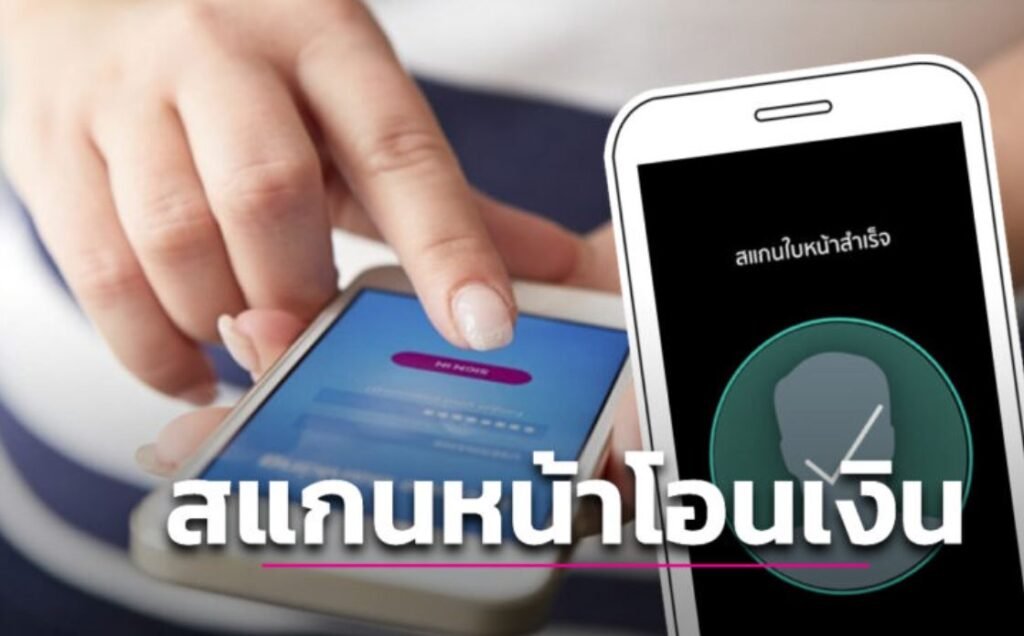New safeguards were introduced by the Bank of Thailand to safeguard customers during mobile banking transactions from cyber dangers. For high-value transactions, such as digital money transfers over 50,000 Baht per transaction, transfers over 200,000 Baht per day, and credit transfer sums over 50,000 Baht per transaction, biometric scans, such as facial scans, will be necessary.
By June, banks must implement these changes, the central bank announced on Thursday.

The governor of the Bank of Thailand, Sethaput Suthiwartnarueput, explained that the sum of 50,000 baht was decided because scammers frequently target it. Consumers may experience some difficulty as a result of the measures, but they will boost security for online banking transactions, he noted.

The central bank also forbids banks from sending clients’ personal information through social media and prohibits financial institutions from sending links via SMS and email in an effort to tighten loopholes and restrict fraudsters’ access to consumers.
Also, according to reports, mobile banking users will only be permitted to use one username per device. To identify fraudulent transactions and deposit accounts, the central bank has partnered with relevant organizations in the public and private sectors. The objective is to identify fraudulent instances faster, minimize losses, and guard against nominee deposit account fraud.
Data from the central bank shows that between March and December 2022, there were almost 50,000 occurrences of online shopping fraud, 20,000 cases of money transfer fraud, 18,000 cases of lending fraud, and 13,000 cases of call center fraud. Moreover, there were 58,000 instances of fraud using nominee deposit accounts, resulting in a 5.5 billion baht loss overall.
On Thursday, the Bank of Thailand convened meetings with financial institutions to discuss the new cyber-risk controls. Both Bangkok Bank and Kasikornbank have indicated that they are prepared to update their security systems in accordance with the notice made by the central bank.
These new initiatives are anticipated to strengthen cybersecurity in Thailand and safeguard consumers from financial fraud, particularly in the post-Covid era when people are finding it challenging to earn a higher income. The government is currently working to enforce a new law aimed at preventing technology crimes.





